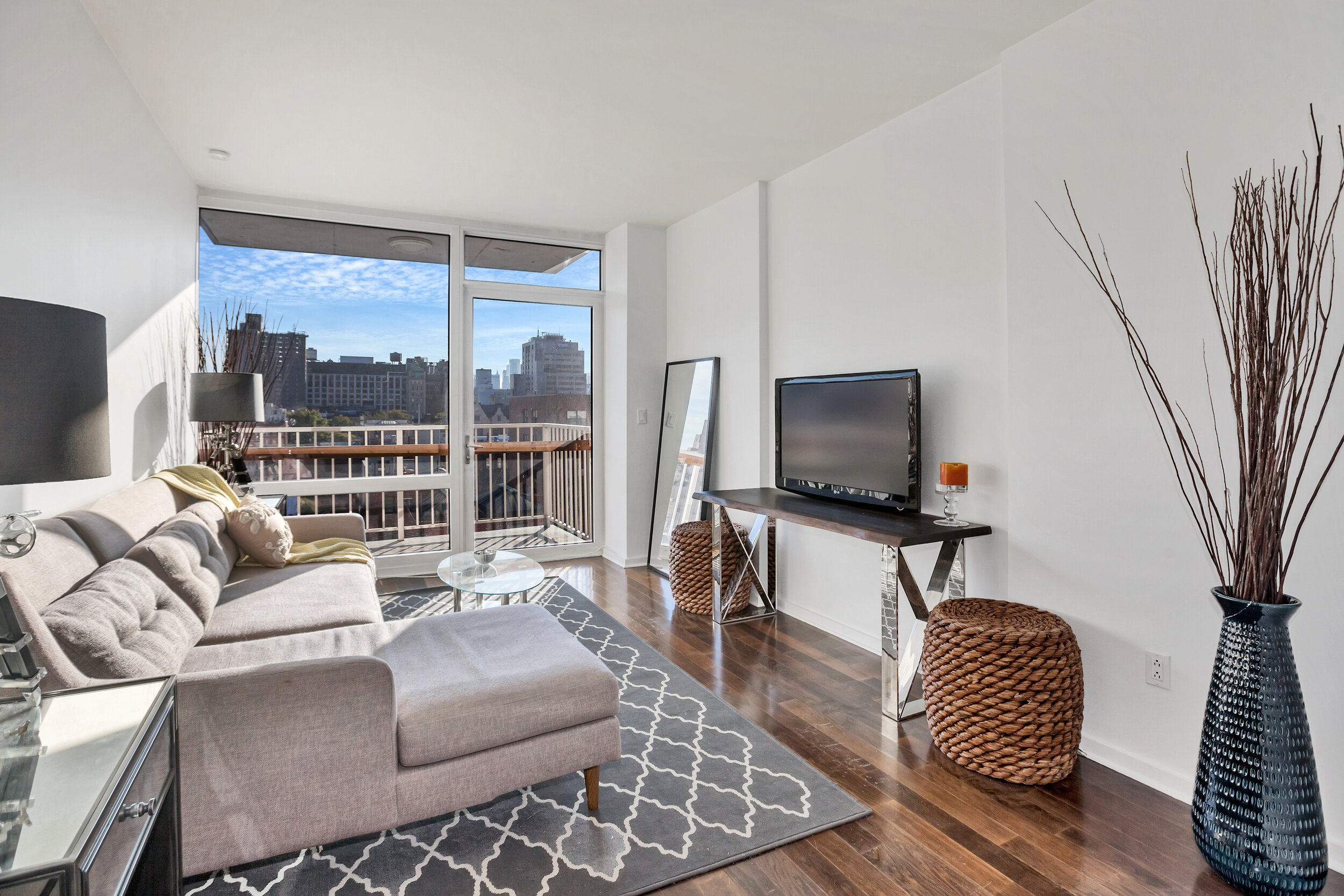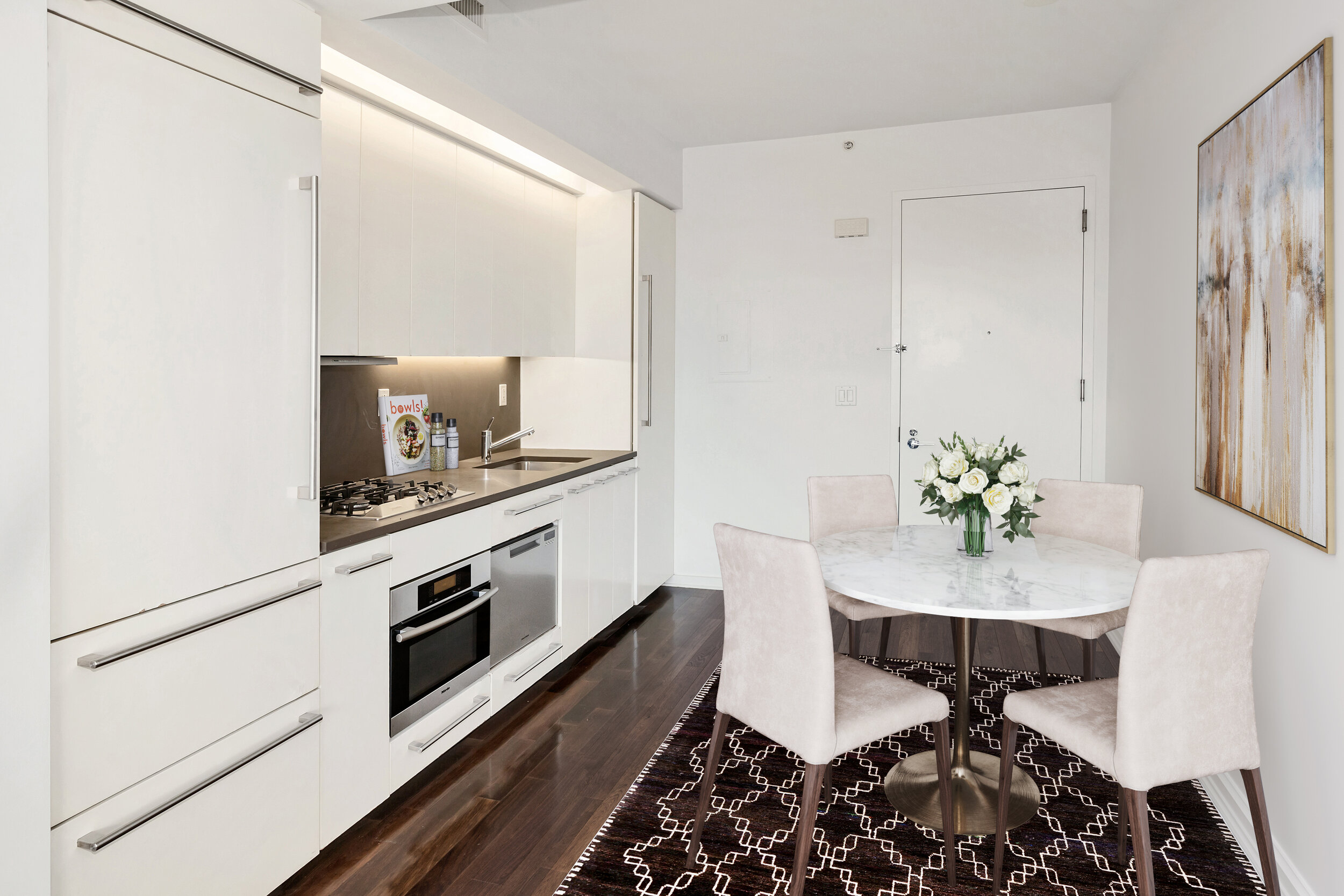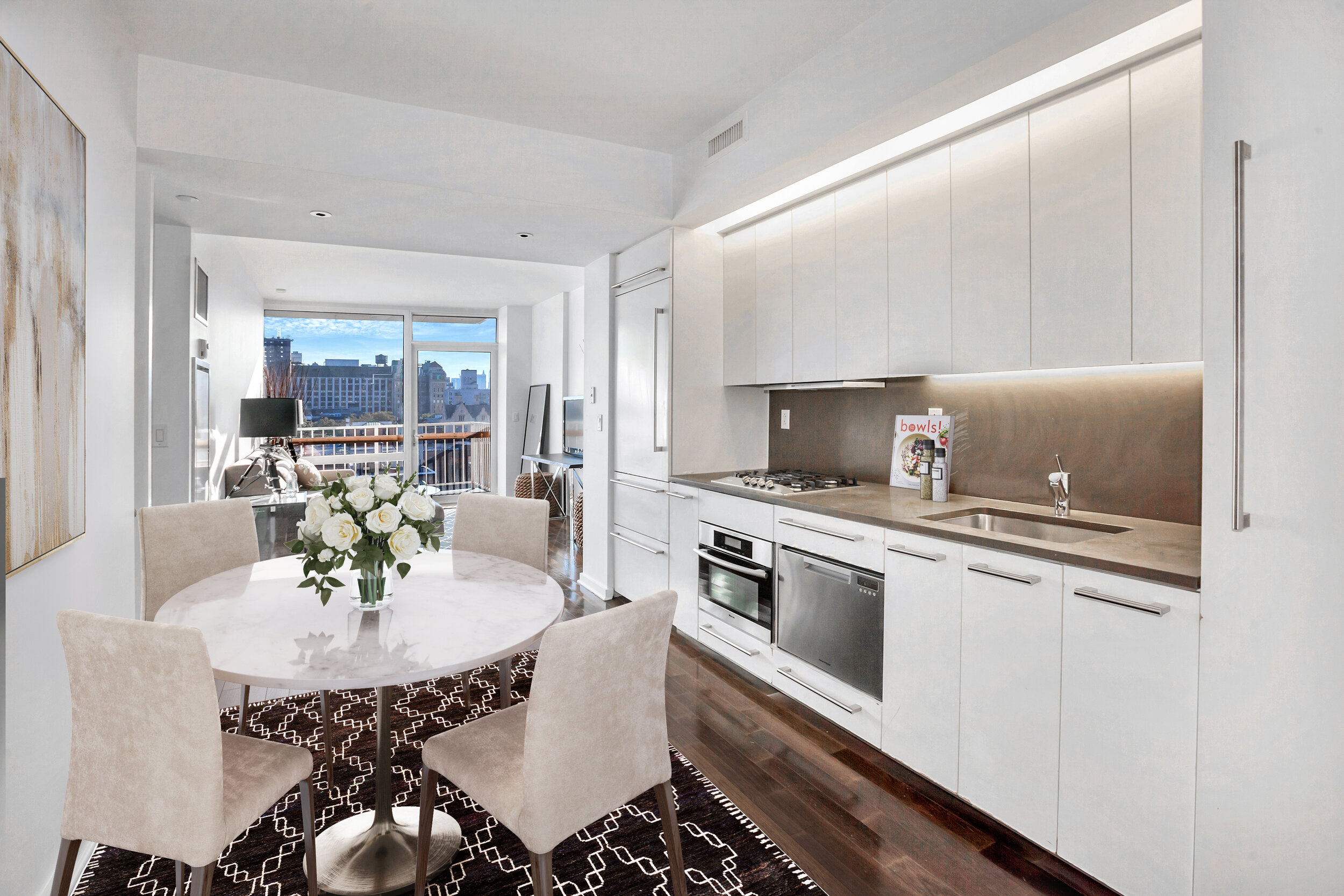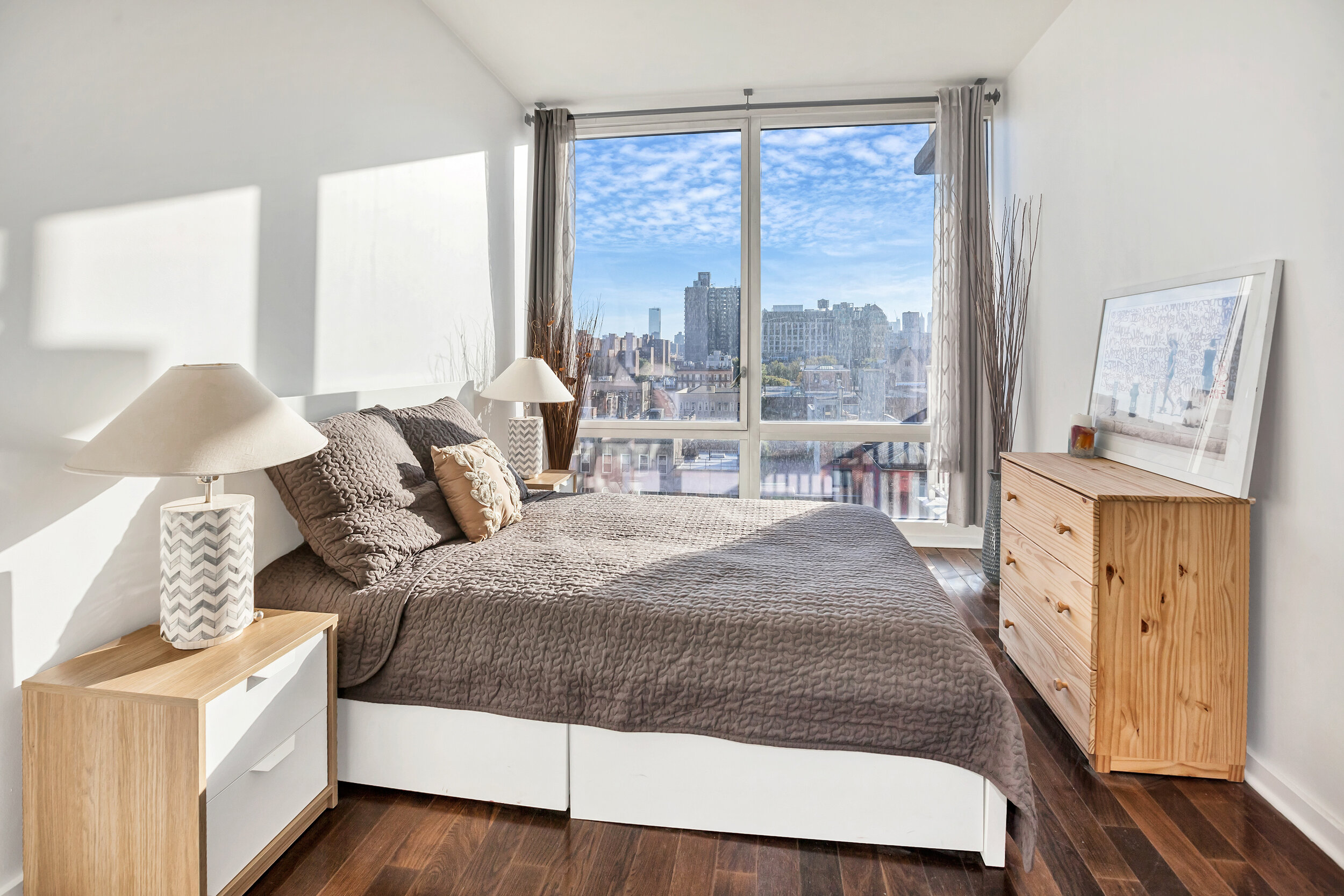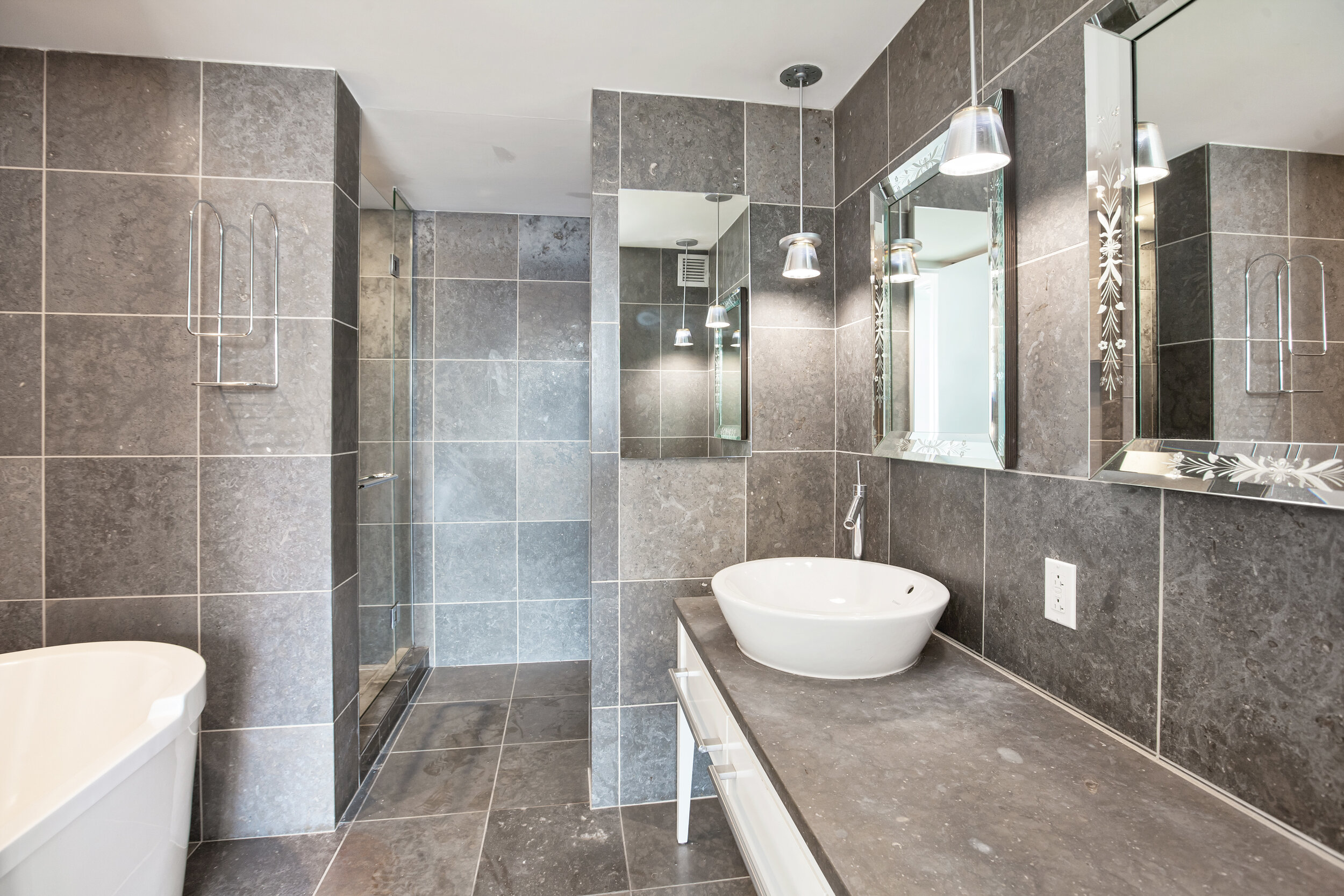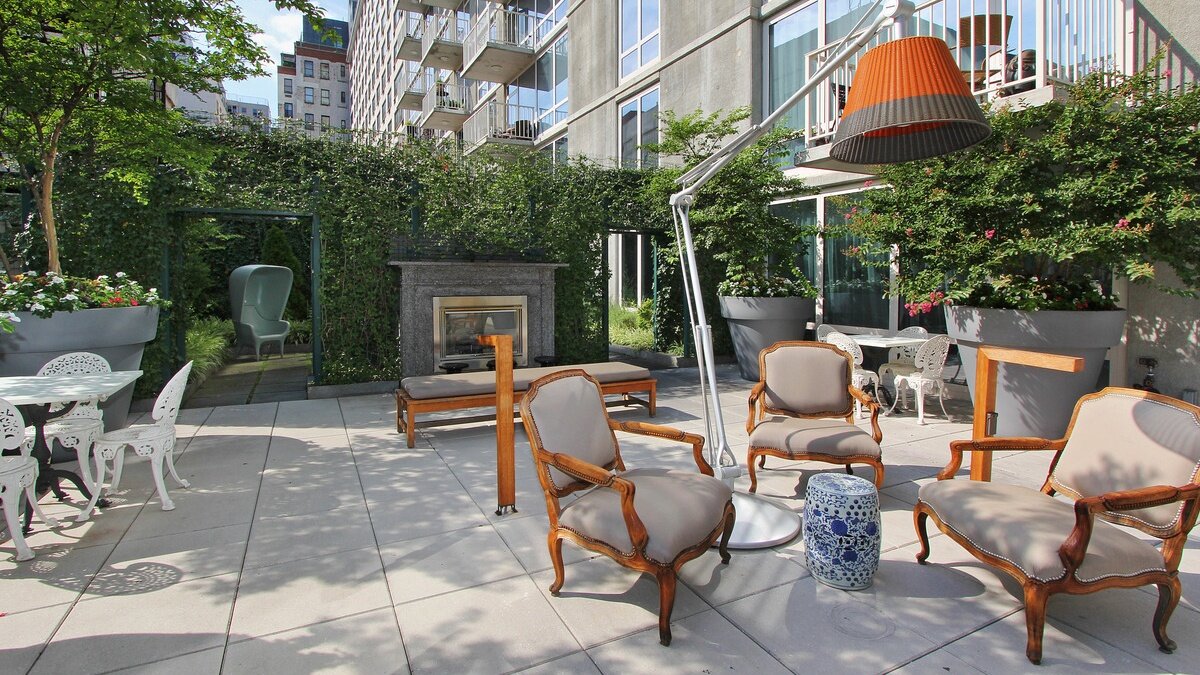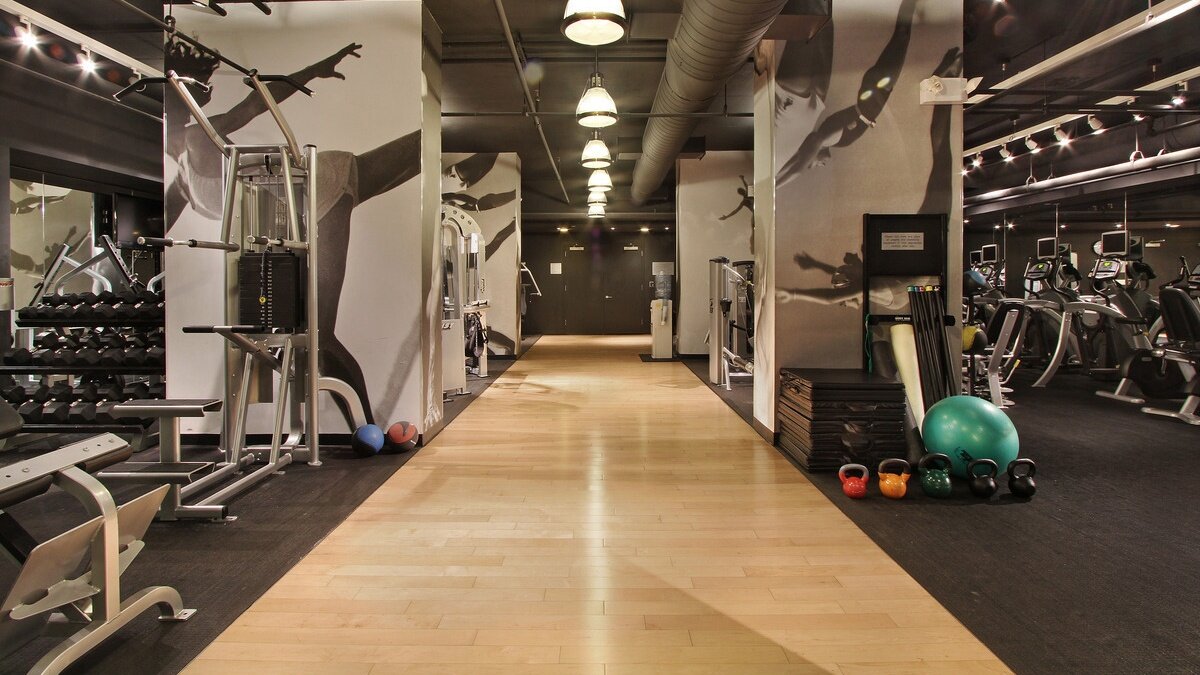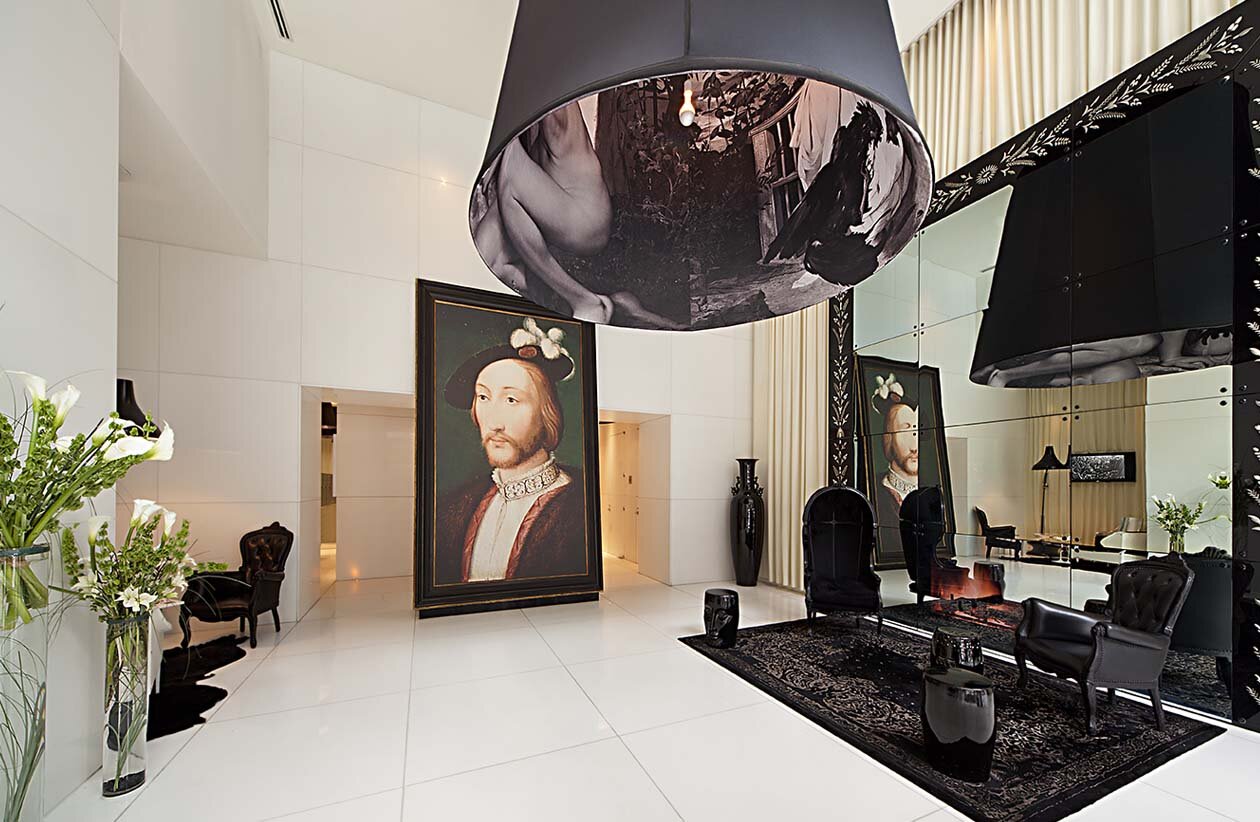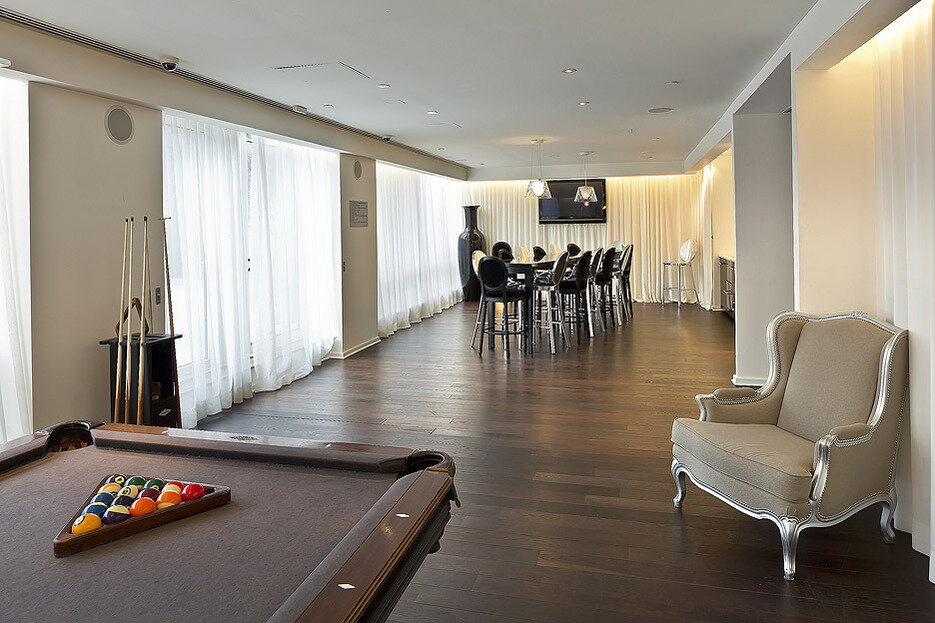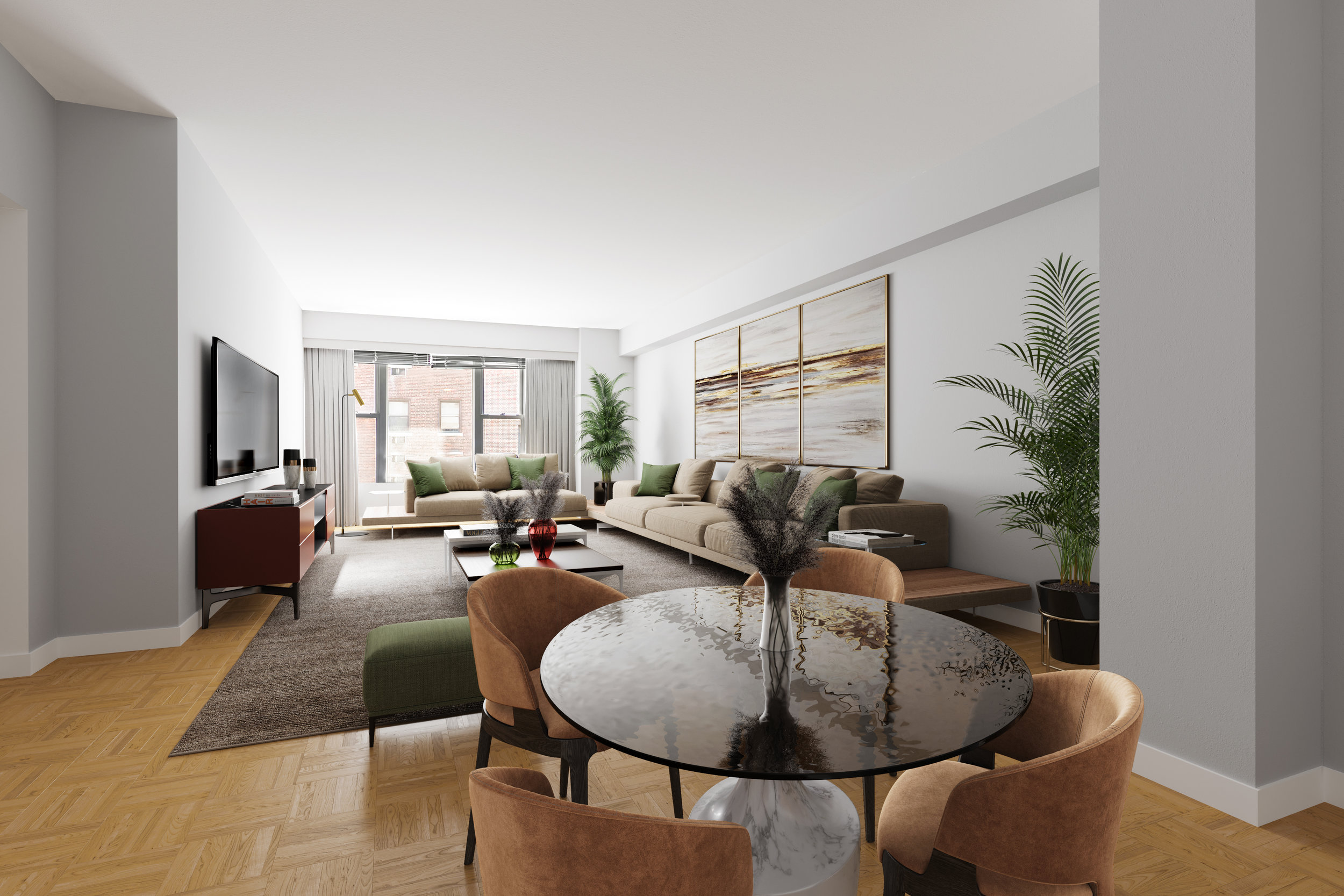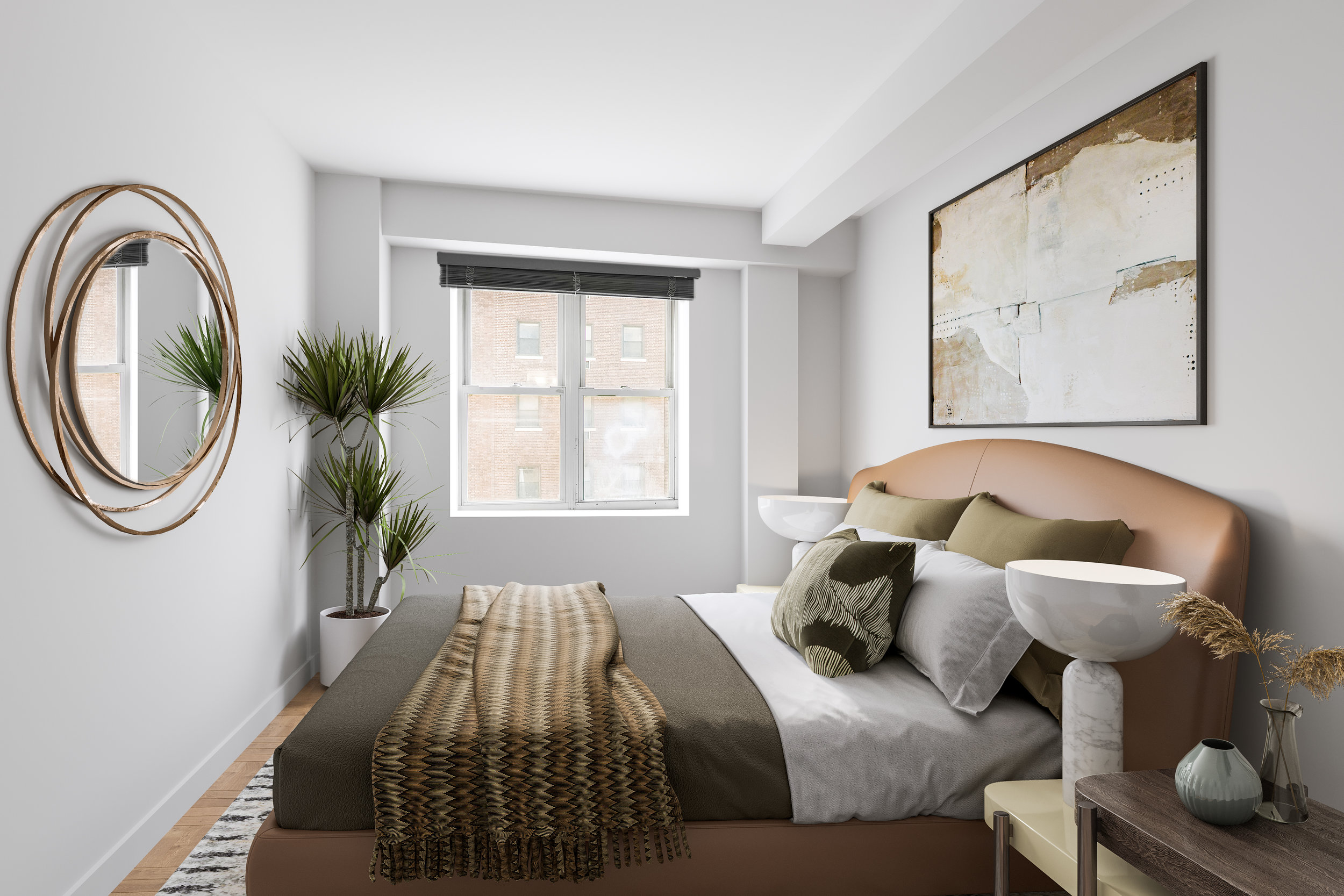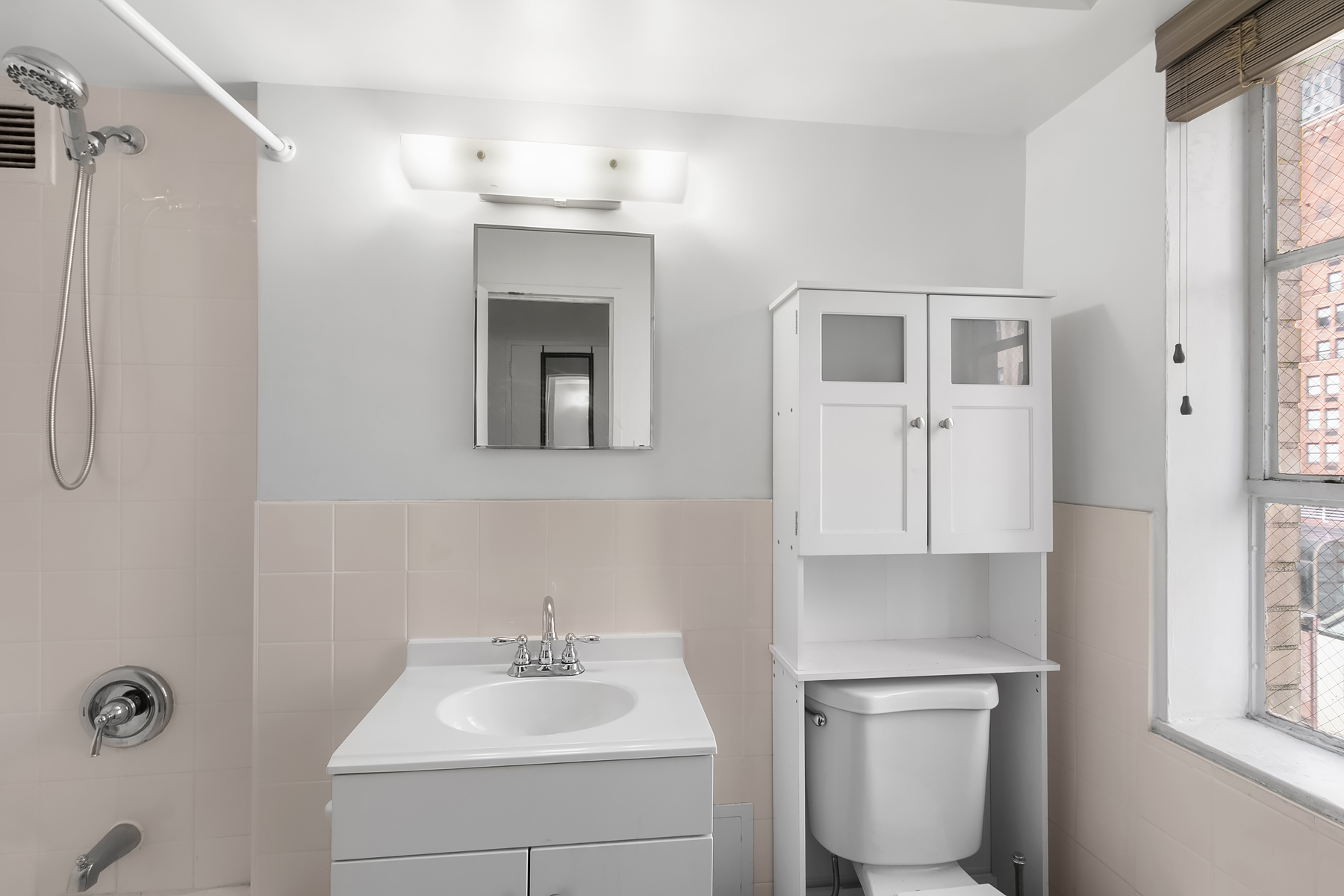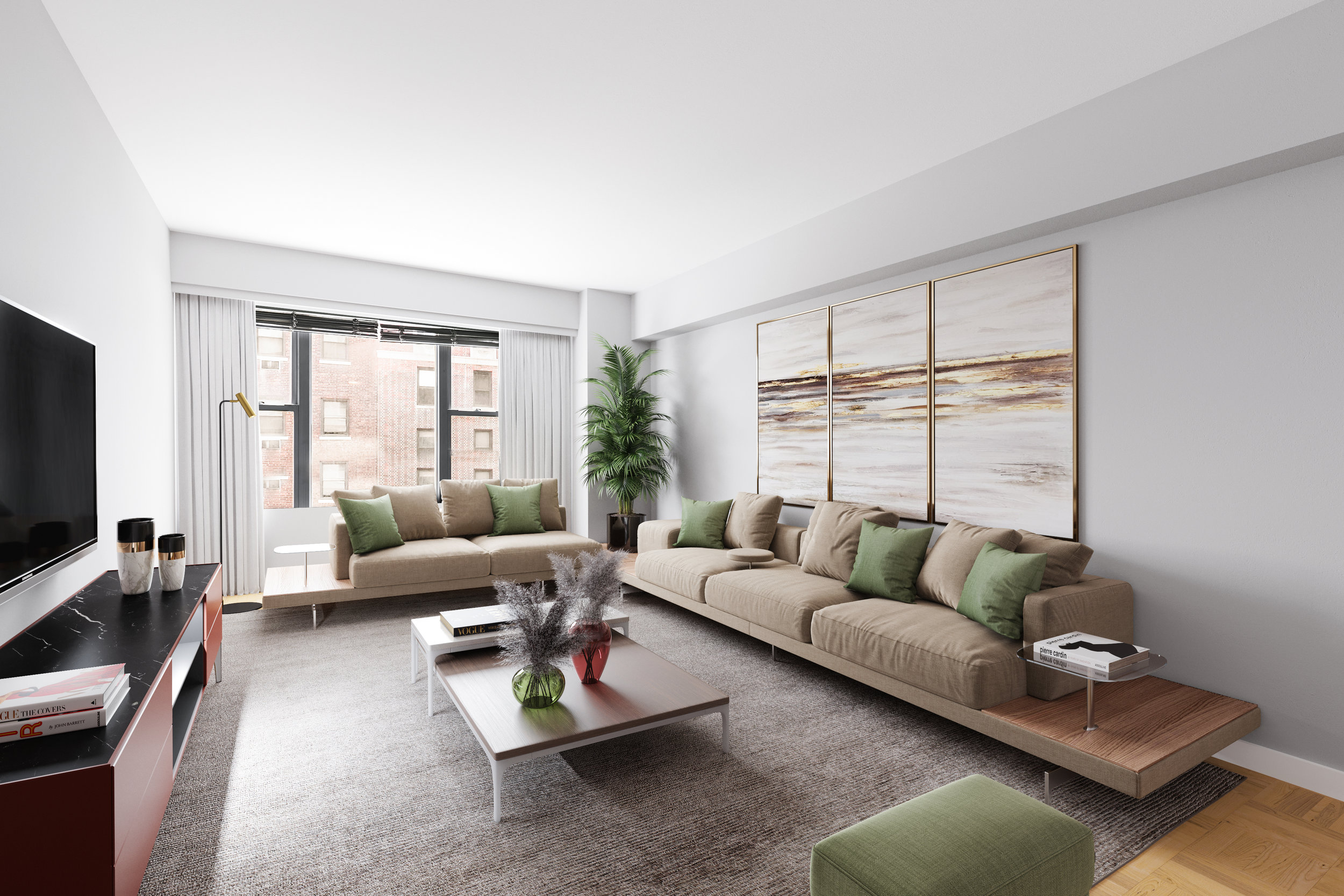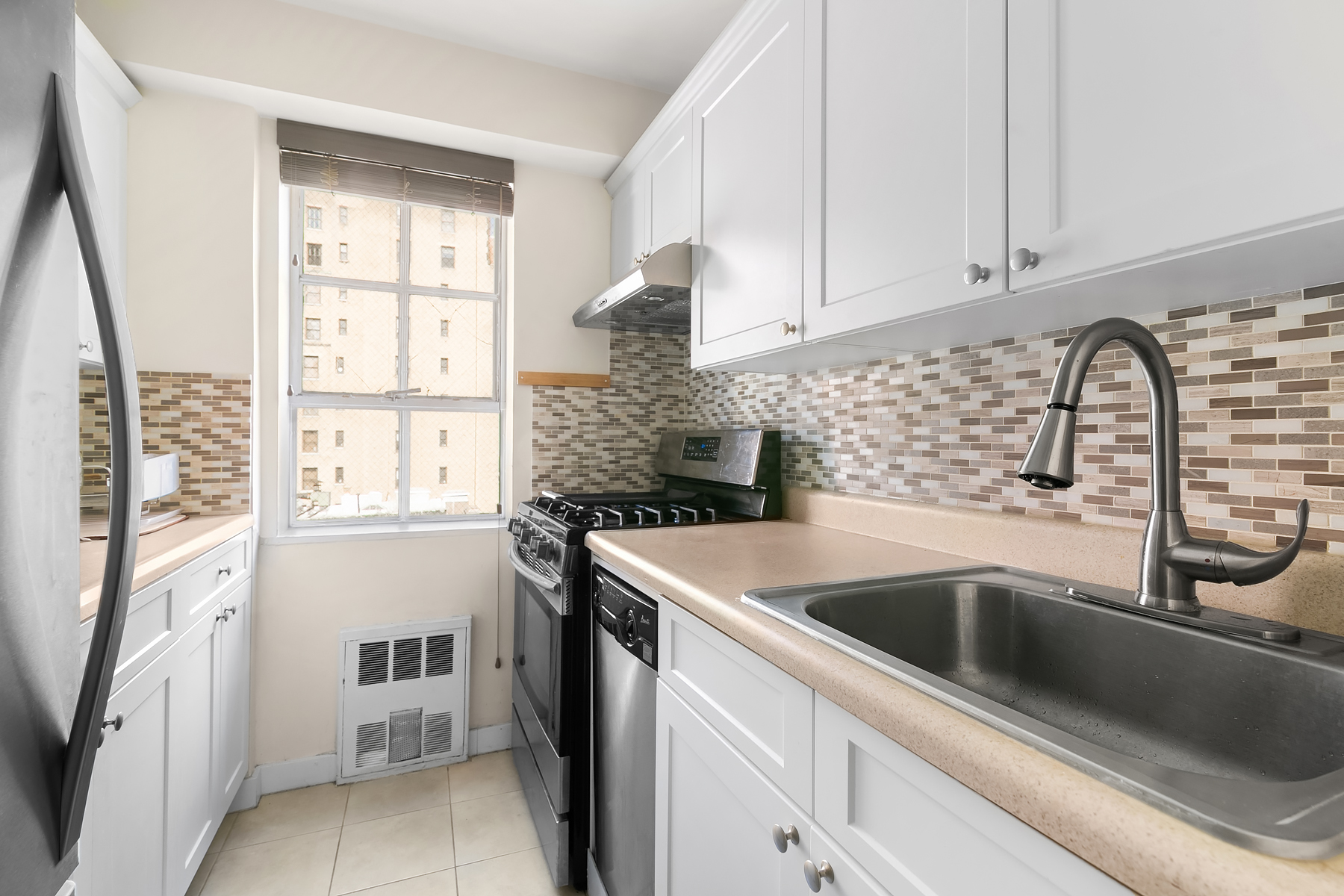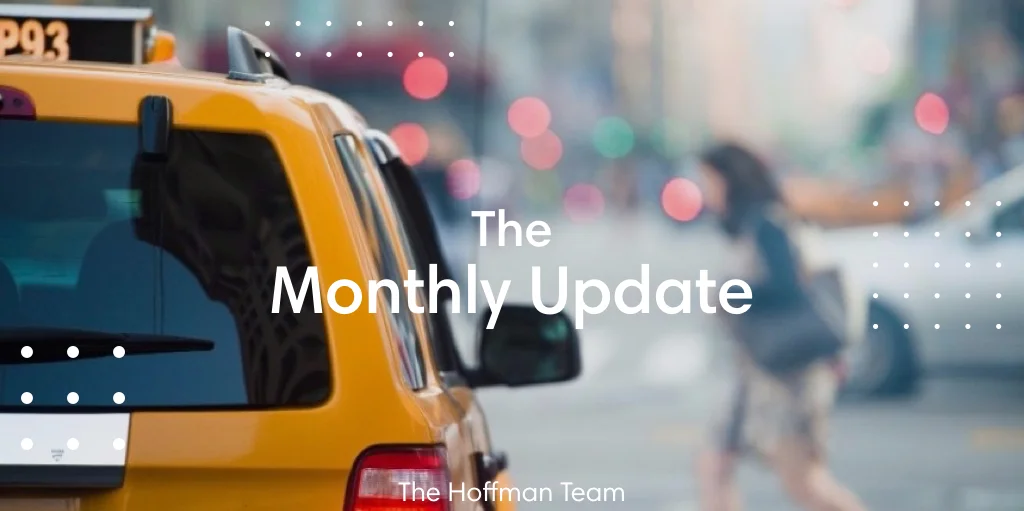After years of softness at the top, it is finally becoming a buyers’ market for people who intend to actually live and work in New York. Case in point: deep bargains across the wide spectrum of two-bedrooms, the most common apartment for sale in the city.
Yes, prices are still out of reach for many New Yorkers, but there are increasing options for first-time and move-up buyers at far lower prices than the median sales price suggests. Coupled with historically low interest rates, two-bedroom buyers are stretching their dollars further with everything from income-restricted co-ops to shiny new condos.
Since the city’s real estate sales market peaked around 2016, observers have focused on the shrinking price tags of ultraluxury three- and four-bedroom apartments, thousands of which remain vacant and unsold. The causes are many: investor speculation, oversupply, shrinking tax breaks, rising transfer taxes, economic uncertainty and downright hubris.
The current declining prices in smaller apartments, though, represents a significant shift and the return of more reasonable pricing. Two-bedrooms made up 31.5 percent of Manhattan’s for-sale inventory last quarter, the most of any category, according to the Elliman report, and has long been the bread-and-butter of both developers and agents. The two-bedroom market accounted for half of all sales at one point in the 1990s, but in more recent years, the ultraluxury condo boom in Manhattan has prompted a move to bigger and more lavish apartments — many of which were targeted to investors and second-home buyers, said Jonathan Miller, the president of Miller Samuel Real Estate Appraisers & Consultants and author of the report.
Still, upgrading from a smaller apartment to a two-bedroom remains cost prohibitive for many New Yorkers, Mr. Miller said. Last quarter, it cost a median $685,000 more to move up from a one-bedroom to a two-bedroom in Manhattan.
Those forces — too expensive for many move-up buyers, too small for the affluent jet set — have squeezed the two-bedroom market into an awkward position for many sellers, said Tyler Whitman, an agent with Triplemint and cast member on the reality series “Million Dollar Listing.”
“Twenty-five hundred options in the city is a lot of options,” he said, referring to an estimate of how many two-bedrooms are listed in Manhattan. Owners of standard cookie-cutter two-bedrooms would face the toughest challenge, he said.
Of course, the lower prices may be discounts without distinction for many New Yorkers. The median household income in Manhattan was $79,781 in 2017. Assuming a 20 percent down payment and spending 35 percent of their monthly income on a mortgage and additional housing costs, such a buyer could comfortably afford a $358,896 apartment, according to StreetEasy. Citywide, the household income was $57,782, enough for a $259,933 home.
To highlight potential bargains across the extensive two-bedroom market, we looked at income-restricted units for first-time buyers, prewar co-ops with deep discounts, new condos with back-end sweeteners, and options beyond Manhattan.
A Prewar Two-Bedroom on Sutton Place
Many look to the glut of new high-rise, luxury condos for what ails the city’s real estate market, but ambitious pricing at the top also set unrealistic expectations in the comparatively modest co-op market.
“Sooner or later what was happening in the luxury market was likely to catch up with the two-bed market,” said Frederick Warburg Peters, the chief executive of Warburg Realty, who added that one-beds and small two-bedrooms have “sunk into the doldrums” since about four months ago.
Compared to the same period in the previous year, the median price of co-ops declined for the first time in 13 straight quarters, according to the Elliman report.
Frances Katzen, an agent with Douglas Elliman, recently listed in Sutton Place, on the east side of Manhattan, a two-bedroom, one-bathroom apartment with plenty of natural light and prewar bona fides for $599,000 — a 20 percent markdown from its previous price of $750,000. Two years ago, it listed and languished on the market with another brokerage for $995,000.
“People are cannibalizing each other, to usurp a buyer from one another,” said Ms. Katzen, who believes the true value of the apartment is around $625,000 — but she listed lower in the hopes of standing out from a growing number of co-ops for sale.
The biggest discounts for two-bedroom resale apartments were downtown, south of 14th Street, where the median sales price fell 15 percent to $1,568,750 compared to the same quarter last year, according to the brokerage Halstead. Midtown had the second deepest discount for resales in that period, a 10 percent drop to $1,217,500.
Income-Restricted Co-op in Hamilton Heights
Even among apartments specifically reserved for middle-income buyers in Housing Development Fund Corporation co-ops, prices have softened.
In Upper Manhattan’s Hamilton Heights, Allison Jaffe and Linda Mancini listed in October a $325,000 two-bedroom, one-bath apartment, 24 percent less than when it was listed earlier this year for $430,000 with another brokerage.
Because the apartment is in an H.F.D.C. co-op, there are income limits for buyers (up to $57,600 for a family of two, $67,200 for three or more), as well as restrictions at resale designed to keep the unit affordable.
“The phone’s been ringing every day,” said Ms. Mancini, who is an agent with Key Real Estate Services. So far they have had about 18 showings and six offers, she said.
The lower price was well advised. Upper Manhattan just had the fewest third-quarter sales of co-ops and condos in a decade, said Mr. Miller, the appraiser, in part because of a surge of new expensive inventory and ambitious resale pricing that followed.
One of the difficulties with H.D.F.C co-ops is that the income caps can leave buyers little room to save for a down payment. But with the price cut, they hope to have expanded the buyer pool for their listing, Ms. Jaffe said.
The city has about 28,500 H.D.F.C. units across 1,333 buildings, according to the Department of Housing Preservation and Development. But there were only 230 income-restricted apartments listed for sale in the five boroughs as of late October, according to StreetEasy.
Two-Bedroom in the Bronx
Two-bedrooms need not be million-dollar investments in New York, especially outside of Manhattan. In the Kingsbridge Heights section of the Bronx, Daniel D’Amico of Damico Group Real Estate, is listing an 878-square-foot, two-bedroom apartment in a 2006 condo for $349,000.
“What we’re seeing right now, in the Bronx at least, is the market is super hot,” Mr. D’Amico said. “If it’s priced right, it’s going to sell in the first week or so.” The apartment was listed in late September and already has an accepted offer, he said.
While sales volume is down across the city and prices are down in Manhattan, prices have been steadily rising in the other boroughs. In Queens, the number of sales dropped 7 percent compared to the same period last year, but the median sales price rose to $600,000, a record since at least 2003, according to a Douglas Elliman report. In Brooklyn, despite rising inventory and falling prices in the luxury segment, co-ops sold for a median $485,000, a new third-quarter record.
None of the major brokerages release boroughwide sales reports for the Bronx, the most affordable borough in the city, but its perception is changing, with a major development boom underway and a growing share of market-rate housing for sale.
New Development in East Harlem
Some of the most attractive deals for two-bedrooms can be found in new buildings, and for good reason: a glut of empty luxury condos. About 4,100 of 16,200 condo units completed since 2013, roughly one in four, remained unsold in September, according to an analysis of StreetEasy data.
Developers are loathe to lower their prices directly, in part because of obligations to lenders and for fear of devaluing the rest of their stock. Instead, buyers are getting discounts on the back end.
In East Harlem, Patricia Weber, a bio-tech start-up consultant, recently closed on a two-bedroom apartment at 1399 Park, a new 23-story condo tower, for $995,000. That was, ostensibly, the full asking price, but Ms. Weber’s agent, Rob Taub with CORE, also negotiated that the developer pay for her transfer taxes, a discount of about $25,000.
Patricia Weber recently closed on a two-bedroom apartment in East Harlem, for $995,000. The developer covered her transfer taxes, a discount of about $25,000.Credit...Katherine Marks for The New York Times
Ms. Weber, who is moving from Bucks County, Pa., had been considering a New York purchase for a decade, but only started looking in earnest six months ago. There was no shortage of choices, she said, but she and her husband liked the East Harlem building because of its attended lobby, its proximity to transit, and the neighborhood’s culture and restaurants. She will use the second bedroom as an office, because she works remotely.
The price is also notable, because it falls just short of triggering the so-called “mansion tax” on the purchase price of homes over $1 million. In July, the flat 1 percent tax was changed to a staggered rate of 1.25 percent for $2 million sales, and up to 3.9 percent above $25 million.
The changes spurred many buyers to close their purchases before the summer deadline, and as a result the pace of sales in the latest quarter plummeted, especially for larger, more expensive apartments. But the two-bedroom market was also affected, in part because they can cost well above $2 million, and even those below the new tax threshold suffered from negative market sentiment, agents said.
“I think, potentially, we’re near the bottom of the market for everything,” said Shaun Osher, the chief executive of CORE.
New Condo South of Chinatown
Elsewhere, new projects are offering far more than closing cost rebates. At One Manhattan Square, a new 815-unit skyscraper south of Chinatown, the developer Extell recently offered to pay for seven years of common charges on the purchase of a two-bedroom apartment. Two-beds make up about 40 percent of the inventory and prices for those now start around $2.1 million, which would mean more than $100,000 of forgiven common charges, paid for by the developer.
That promotion is no longer being offered, said Raizy Haas, a senior vice president with Extell, but “the truth is, we’re reasonable.” The developer is now testing a rarely seen model in luxury condos: rent-to-own plans, in which a tenant can apply the rent toward the purchase of the unit.
As of Oct 24., there were 209 closed sales at the building, or about a quarter of the total inventory, according to an updated StreetEasy analysis. Ms. Haas said there were “hundreds more that have not yet closed.”
How a discount is derived can vary, but increasingly, it’s becoming the rule in new development, said Mr. Peters of Warburg Realty.
“There’s practically nowhere where you can’t negotiate the price, and the transfer taxes, and the mansion tax, and the legal fees, and who knows what else,” he said. Where to draw the line in the sand is another thing.
“I can’t count how many times I’ve heard a client say ‘O.K., if I drop the price, can you guarantee me a quick sale?’ And my response is no,” he said. “All I can guarantee you is no sale, if you don’t.”

























